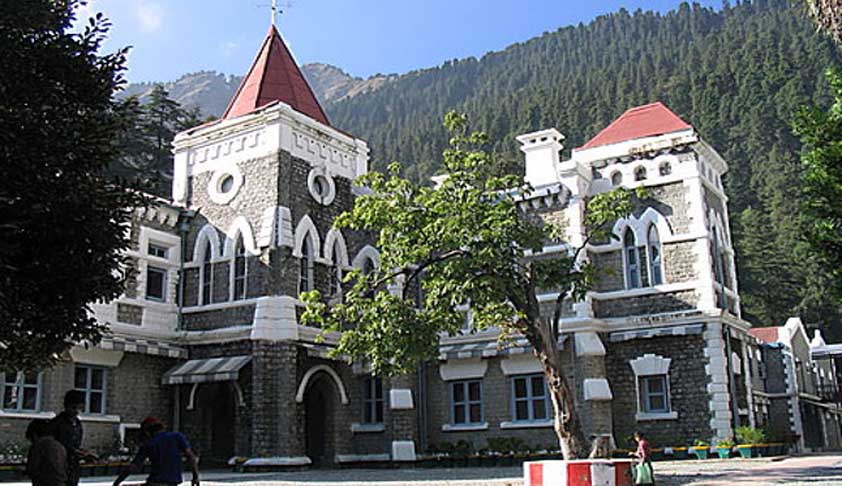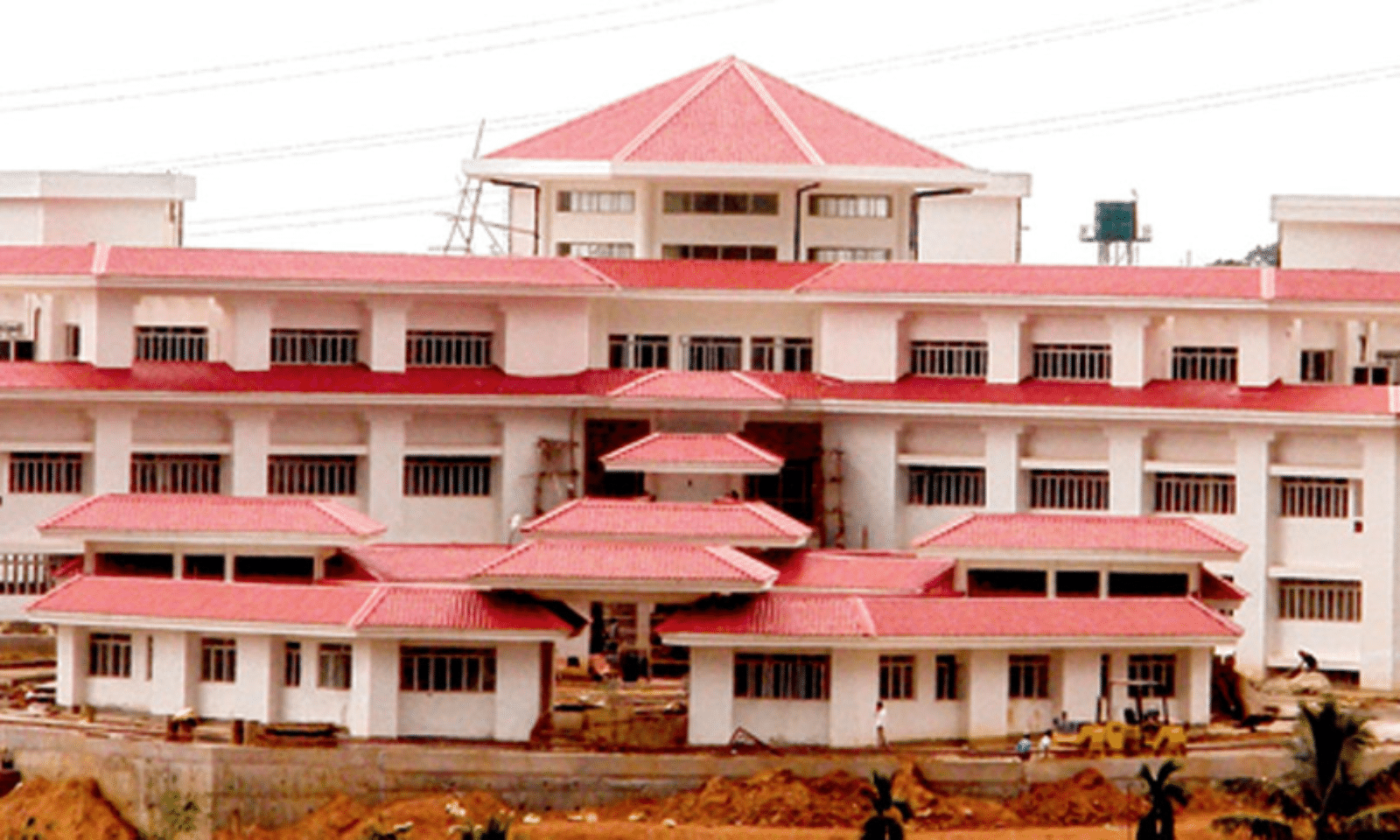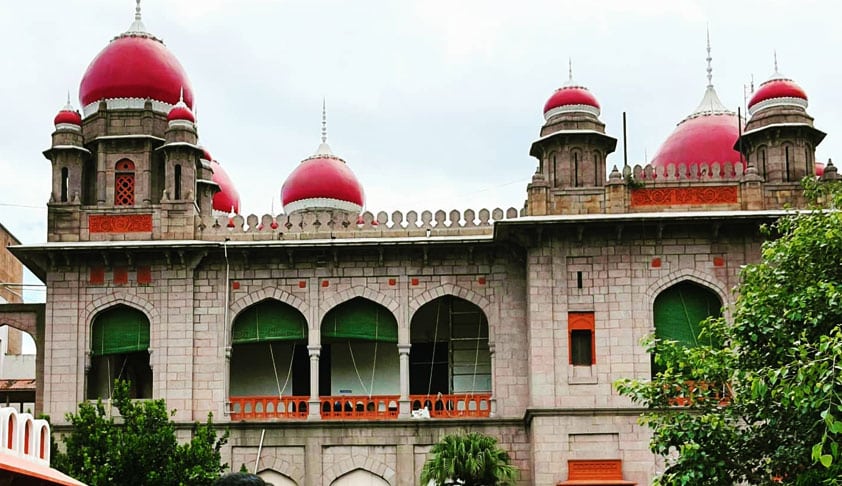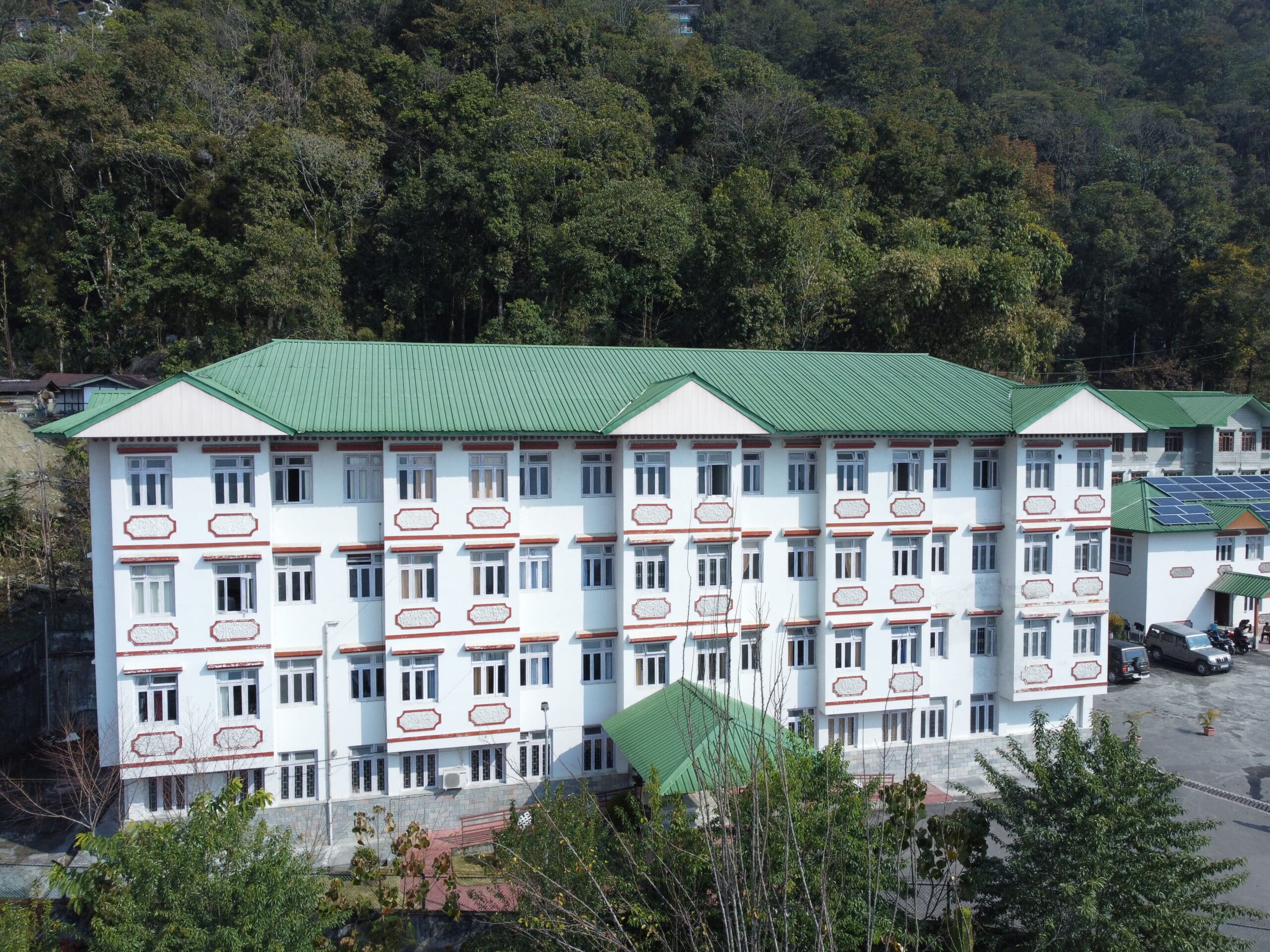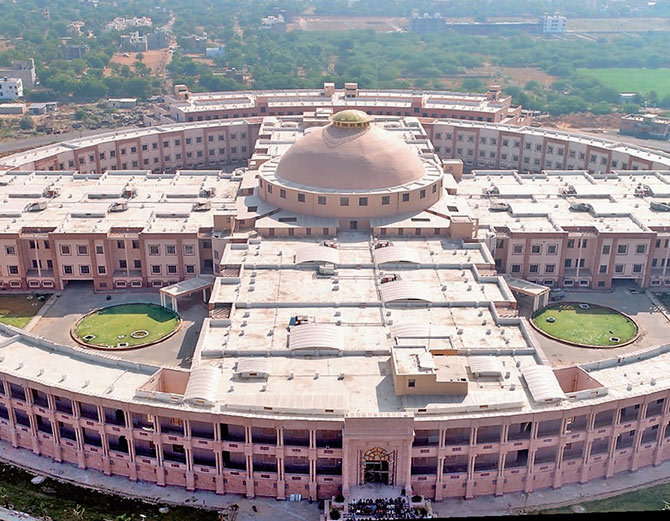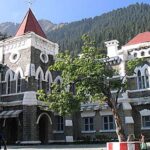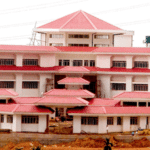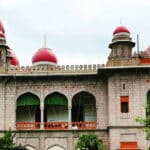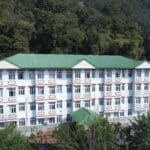- Official Website – http://www.hcmadras.tn.nic.in/
- Contact – Thiru. P. Dhanabal, Registrar General, Madras High Court,Chennai-600104
(Tel) 91 – 044 -25301349
(Fax) 91 – 044 -25341829
Email – [email protected]
- The High Court of Judicature at Madras, one of the three High Courts in India established at the Presidency Towns by Letters Patent granted by Her Majesty Queen Victoria, bearing date 26th June 1862 ( The Charters of the High Court of Judicature at Madras (104 MB) ), is the highest Court in the State of Tamil Nadu, exercising Original Jurisdiction over the City of Madras and Appellate Jurisdiction over the entire State as well as extra-ordinary Original Jurisdiction, Civil and Criminal, under the Letters Patent and Special Original Jurisdiction for the issue of writs under the Constitution of India.
- The Hon`ble The Chief Justice is the Head of the Judiciary with powers of administration of the High Court and of the Administration of Justice throughout the State. The Hon’ble Chief Justice is in charge of the general policy adopted in the Administration of Justice. The administration of Justice in the Civil and Criminal Courts in the districts constituted under the Civil Courts Act and the Code of Criminal Procedure respectively is carried on by the following categories of Judicial officers.
Civil
a) District Judges
b) Senior Civil Judges
c) Civil Judges
Criminal
a) Sessions Judges
b) Chief Judicial Magistrates
c) Assistant Sessions Judges
d) Judicial Magistrates
Madurai Bench
In exercise of the power conferred by Section 51(2) of the States Re-organisation Act, 1956, the Government of India issued the Madras High Court (Establishment of a Permanent Bench at Madurai) Order, 2004, which was notified on 06.7.2004 to come into effect on 24.7.2004.
By virtue of the said Order, a permanent Bench of the Madras High Court was directed to be established at Madurai, with not less than five Judges, as nominated by the Chief Justice, to sit there and exercise jurisdiction and powers in respect of cases arising in the Districts of Kanyakumari, Tirunelveli, Tuticorin, Madurai, Dindigul, Ramanathapuram, Virudhunagar, Sivaganga, Pudukottai, Thanjavur, Nagapattinam, Tiruchirapalli, Perambalur and Karur. Later, the jurisdiction over the districts of Nagapattinam and Perambalur stood restored to the Principal Seat, vide a Corrigendum notified later.
After the Judicial bifurcation of Madurai into Madurai & Theni judicial Districts, in the year 2006, the number of Districts within the jurisdiction of the Madurai Bench of Madras High Court became 13. Except the original jurisdiction, the Madurai Bench exercises jurisdiction in all the matters as in the case of the Principal Bench in Chennai.
The Madras High Court Bench at Madurai was inaugurated on Saturday, the 24th July of 2004 by Hon’ble Mr Justice R.C. LAHOTI, Chief Justice of India and was presided over by Justice B.Subashan Reddy, the then Chief Justice of the Madras High Court.
The Madurai Bench of Madras High Court consists of a ground and three floors with a total plinth area of 22,929 Sq.m. It houses all the Offices and Departments of the High Court Bench. The building, housing the Court Halls, is two-storied with a ceiling height of 7.20m and another area of the building is four-storied with a height of 3.60 m. The total plinth area of the building is 15209 Sq.m and it consists of 16 Court Halls and Judges’ chambers attached to Court Halls, Library, Conference Hall with Video Conferencing System, Projector, etc., 12 bungalows, VIP Guest House, Law Office Building, Lawyers Chambers’ Buildings, 9 shops, Staff Canteen, BSNL, Post Office, Indian Bank and Advocates Canteen, within the campus.
The air conditioning work and wall panelling of court halls and the Hon’ble Judges Chambers have been fully air-conditioned with wall panelling and false ceiling etc. The Court Halls have been provided with Public Address systems. Out of 12 Court Halls, four major Court Halls have been furnished based on the model of the Supreme Court of India and Delhi High Court. The four court halls have full dais with secondary dais for court officer and Personal Assistant Book Shelves, Cushion seats, barricades etc, the other 8 court halls have been furnished as per the court halls of High Court of Madras with a smaller single dais for Hon’ble Judge with other furniture such as cushion seats and barricading etc. A network connection has been given to all sections and heads of offices. The Personal Assistant Section on the first floor is also fully air-conditioned with false ceiling arrangements. Computer facility provided to departments. Landscaping has been done in front of the Administrative Block.
There is a ‘Kanmoi’ (tank) and it has in it a variety of fishes. A variety of birds like Peacock, Lesser whistling duck, spot-billed Duck, Glossy Ibis, Yellow Bitten, etc., are living/visiting the Premises of the Madurai Bench.
Administration
The work of the High Court, both Judicial and Administrative, in view of the variety and magnitude of the subject, requires the assistance of Gazetted Officers and other staff. The Registrar General is the Chief Gazetted Officer. He exercises supervision and control over the establishment of the High Court on the Original and Appellate Sides. The duties of the Registrar General are mainly administrative and supervisory, the judicial functions having been delegated to other Officers. The Registrar (Judicial), Registrar (Vigilance), Registrar (IT cum Statistics), Registrar (Management), Officer on Special Duty, Registrar (District Judiciary) and Registrar (Administration) assist in the administrative work. The Registrar General and other Registrars scrutinize the files on all administrative matters circulated to the Honourable the Chief Justice and Honourable Judges. The notes in files on all administrative matters circulated to the Honourable Judges for orders are scrutinized and passed by them. They also arrange the meeting of the Honourable Judges under the directions of the Honourable the Chief Justice, for decision in all important matters.

